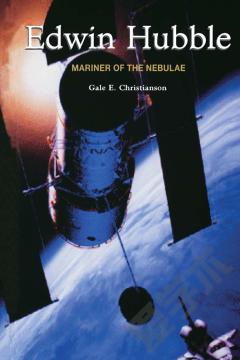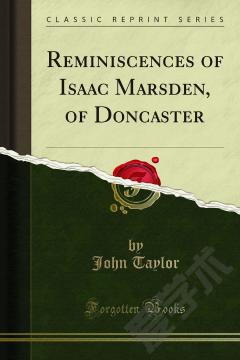Edwin Hubble —— Mariner of the Nebulae
----- 埃德温·哈勃
Edwin Hubble: Mariner of the Nebulae is both the biography of an extraordinary human being and the story of the greatest quest in the history of astronomy since the Copernican revolution. The book is a revealing portrait of scientific genius, an incisive engaging history of ideas, and a shimmering evocation of what we see when gazing at the stars.Born in 1889 and reared in the village of Marshfield, Missouri, Edwin Powell Hubble-star athlete, Rhodes Scholar, military officer, and astronomer- became one of the towering figures in twentieth-century science. Hubble worked with the great 100-inch Hooker telescope at California's Mount Wilson Observatory and made a series of discoveries that revolutionized humanity's vision of the cosmos. In 1923 he was able to confirm the existence of other nebulae (now known to be galaxies) beyond our own Milky Way. By the end of the decade, Hubble had proven that the universe is expanding, thus laying the very cornerstone of the big bang theory of creation. It was Hubble who developed the elegant scheme by which the galaxies are classified as ellipticals and spirals, and it was Hubble who first provided reliable evidence that the universe is homogeneous, the same in all directions as far as the telescope can see.An incurable Anglophile with a penchant for tweed jackets and English briars, Hubble, together with his brilliant and witty wife, Grace Burke, became a fixture in Hollywood society in the 1930s and 40s. They counted among their friends Charlie Chaplin, the Marx brothers, Anita Loos, Aldous and Maria Huxley, Walt Disney, Helen Hayes, and William Randolph Hearst. Albert Einstein, a frequent visitor to Southern California, called Hubble's work "beautiful" and modified his equations on relativity to account for the discovery that the cosmos is expanding.
{{comment.content}}








 京公网安备 11010802027623号
京公网安备 11010802027623号